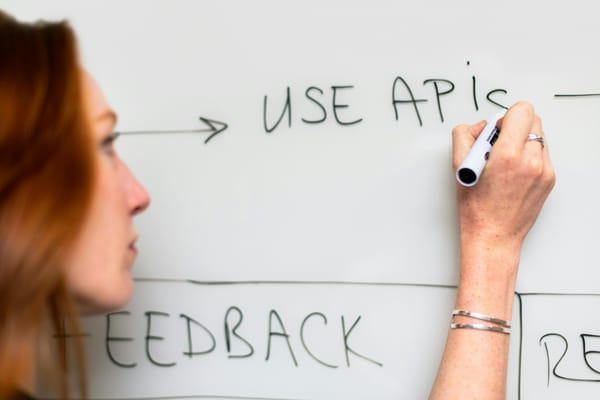Building a True FinOps Mindset for Cloud Success
Is FinOps just another word for cutting your cloud budget? Not according to leaders from LambdaTest and the FinOps Foundation. They argue it's a fundamental mindset shift where every engineer is empowered to make cost-aware decisions.

Let's be honest. When most people hear "FinOps," they think about cutting cloud costs. They picture dashboards, alerts for budget overruns, and maybe a stern email from the finance department. While managing spend is part of the equation, focusing only on cost-cutting is like trying to win a marathon by only looking at your feet. You're missing the bigger picture.
True FinOps isn't a set of tools or a restrictive budget; it's a cultural shift. It's about creating a shared language and a common goal between finance, engineering, and business teams. It’s a mindset where every dollar spent in the cloud is seen as an investment, and the goal is to maximize its value. This is about empowering teams to make smart, data-driven decisions that balance speed, quality, and cost without slowing down innovation.
Empowering Engineers: The Frontline of FinOps
The old way of working involved engineers building and deploying with little to no visibility into the cost implications. The bill would arrive a month later, leading to surprise and friction. A successful FinOps mindset turns this model on its head by bringing cost awareness directly to the people whose actions have the biggest financial impact: the developers.
This is a philosophy championed by leaders like Mayank Bhola, Co-founder and Head of Engineering at LambdaTest. His perspective is rooted in empowering developers, not restricting them. For a platform like LambdaTest, which runs massive-scale testing infrastructure, unchecked cloud spend could be catastrophic. However, simply locking down resources would stifle the innovation that customers depend on.
Mayank’s commentary often centers on the idea of "cost-aware engineering." He advocates for giving developers the tools and data they need to see the cost of their code in near real-time.
"You cannot expect engineers to optimize for something they cannot see," a sentiment often echoed in Bhola's approach. "The goal is to integrate cost as a key metric, right alongside performance and reliability. When a developer can see that a specific change in their code will increase the cost of a feature by 20%, they can make an informed decision. Maybe that cost is justified by the value it delivers, or maybe there's a more efficient way to build it. That's the conversation FinOps enables."
By shifting the focus from top-down enforcement to developer-led optimization, you foster a sense of ownership. Engineers start asking the right questions: "Is this S3 bucket configured for the right storage class?" or "Does this test environment need to run 24/7?" This curiosity is the bedrock of a thriving FinOps culture.
The C-Suite View: FinOps as a Business Strategy
For a FinOps mindset to truly take hold, it needs buy-in from the very top. This is where the perspective of industry pioneers becomes crucial. J.R. Storment, co-author of the O'Reilly book Cloud FinOps and a co-founder of the FinOps Foundation, is one of the leading voices on this cultural transformation.
He has been instrumental in defining FinOps not as a technical problem but as a business operating model for the cloud, a concept detailed in the official FinOps Framework. Storment's commentary consistently highlights the importance of breaking down organizational silos. He argues that the cloud forces a radical collaboration between teams that traditionally operated in separate worlds.
"In the cloud, every engineering decision is a financial decision," Storment has famously stated. "FinOps provides the framework for those conversations to happen productively. It’s not about Finance saying 'no,' but about everyone asking 'what's the best way to achieve our goal?'"
This leadership perspective, which Storment discusses in-depth in interviews about building the FinOps community, reframes FinOps from a cost-saving initiative to a value-driving strategy. When everyone is aligned on the unit economics of a product—for example, the cost per customer or per transaction—the conversation shifts from "How do we spend less?" to "How do we spend smarter to grow the business?"
This mindset means celebrating cost savings achieved through innovation just as much as you celebrate a new product launch. It means creating a blameless culture where teams can experiment, sometimes fail, and learn from the cost data generated along the way.
Adopting a FinOps mindset is a journey, not a destination. It's about continuous improvement, fostering collaboration, and empowering every individual to think like an owner. By embedding this culture into your organization, you move beyond simply managing your cloud bill and start truly maximizing the value of the cloud.



